IAF Multilateral Agreement Report
September 5, 2024
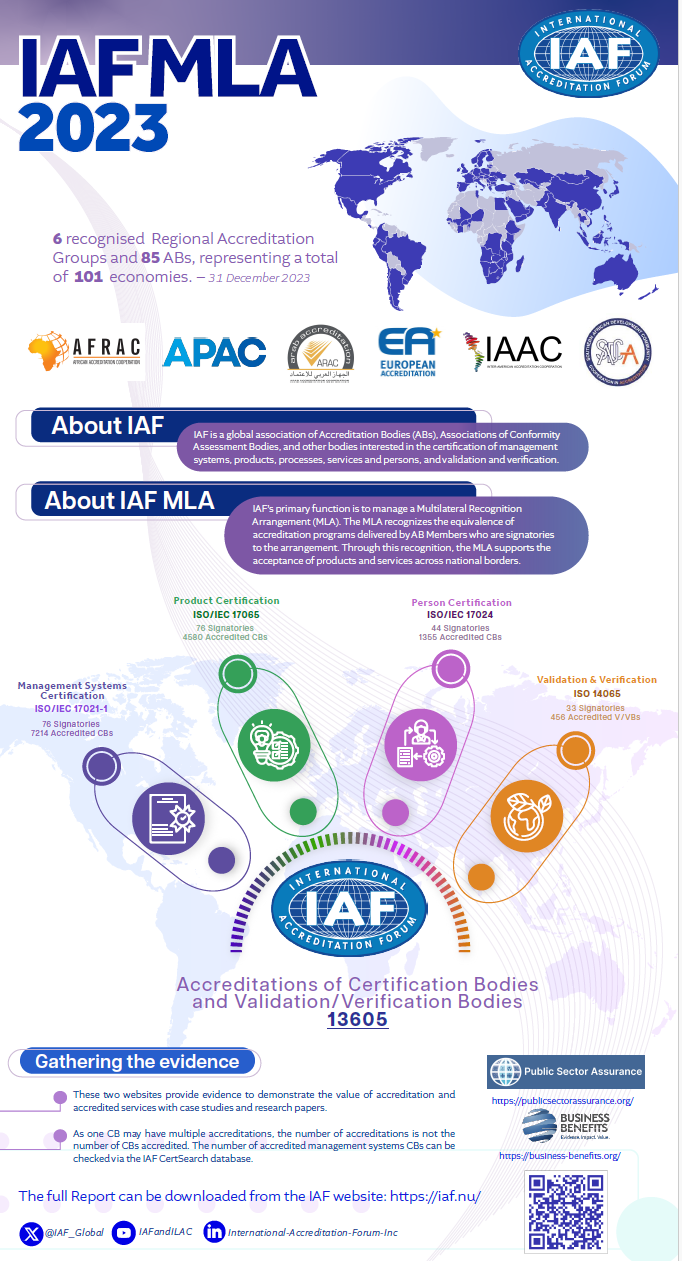 The annual IAF Multilateral Agreement (MLA) report provides a timely reminder of the strength and value of the MLA and of accreditation itself supporting conformity assessment.
The annual IAF Multilateral Agreement (MLA) report provides a timely reminder of the strength and value of the MLA and of accreditation itself supporting conformity assessment.
The most significant benefit of the IAF MLA and accredited conformity assessment – smoothing the acceptance of goods and services across national borders.
As IAF states, ‘Accreditation provides an assurance to government, business and the consumer that organisations providing certification to a standard have the required competence and impartiality to do so as evidenced by fulfillment of international standards and requirements.’ Simplistically, accreditation bodies (ABs) are checking assurance bodies – like IIOA members – to ensure they are carrying out their work competently – the checkers are checked.
In turn, ‘the purpose of the IAF MLA is to provide users in countries with ABs that are IAF MLA signatories with the assurance that equivalent certification bodies (CBs) and validation/verification Bodies (VVBs) in other economies operate to the same standards as those in their own economies for certificates and statements in the fields of:
- Management Systems Certification
- Product Certification (including processes and services)
- Certification of Persons
- Validation and Verification.’
This means that accreditations granted by IAF MLA AB signatories are recognised worldwide based on their equivalent accreditation programmes. Having been evaluated by peers as competent to accredit in the scopes covered, the end result is that the mutual recognition by the MLA signatories smooths the passage of goods and services internationally, in turn reducing costs and adding value to industry and consumers.
As IAF states, ‘This removal of technical barriers to trade provides benefits to a wide range of stakeholders:
Government – The IAF MLA provides governments with a credible and robust framework on which to further develop and enhance government to government bilateral and multilateral international trade agreements.
The long-term aim is the fully accepted use and recognition, by both public and private industries, of accredited certification, including certificates from other countries. In this way, IAF’s free-trade goal of “certified once, accepted everywhere” will be realised
Regulators – The IAF MLA represents an internationally recognised ‘stamp of approval’ to demonstrate compliance against agreed standards and requirements. Consequently, risk is minimised, as decisions will be based on reliable certificates. Many specifiers, such as government agencies, have recognised the importance of credible accreditation programs that are developed against internationally recognised standards. Accreditation and the IAF MLA help regulators meet their own legislated responsibilities by providing a globally recognised system to accept accredited certification
Business as procurers – The IAF MLA provides businesses that are procuring goods and services with greater confidence. Businesses can therefore select suppliers from further afield in the knowledge that they will receive goods and services that conform to a recognised standard
Businesses as suppliers – Having products assessed and certified as conforming to a particular standard allows manufacturers and service providers to distinguish themselves from less reputable suppliers, thereby creating a competitive advantage. The IAF MLA ensures that standards, specifications and conformity assessment methods are the same, allowing one accredited certificate to be recognised around the world. This lowers the cost of accredited certification and reduces the risk of goods or services being rejected by international trading partners
Consumers – Goods and services that have been assessed creates consumer confidence. The IAF MLA ensures that such goods and services placed on the market, from which ever country of origin, meet standards of quality and safety.’
The MLA operates by each accreditation body that is a signatory to the IAF MLA committing to:
- Maintaining conformity with the current version of ISO/IEC 17011 Conformity assessment – General requirements for bodies providing assessment and accreditation of conformity assessment bodies and supplementary requirements documents
- Recognising the competence and impartiality of accreditations of conformity assessment bodies by all other signatories of the MLA
- Regular, stringent evaluation of their operations by a peer evaluation team which is charged to ensure that the applicant complies fully with the above both international standards and IAF requirements.
To strengthen the MLA, IAF encourages its accreditation body and Regional Accreditation Group members to join the MLA as soon as they have passed a rigorous evaluation process to ensure that their accreditation programs are of a world standard.
The IAF 2023 IAF Multilateral Recognition Arrangement (MLA) Report, highlights the activities carried out as part of the peer evaluation process, ensuring regulators, specifiers and businesses can have confidence in the IAF MLA. The report provides an overview of the IAF MLA in 2023, as well as information on document revisions and the formation of new task forces by the IAF MLA Committee and the IAF/ILAC Joint Management Committee.
Notably, ‘the report shows significant growth in the numbers of IAF MLA sub-scopes, MLA signatories, and accredited conformity assessment bodies. Ten new schemes were approved as sub-scopes in 2023, with an additional ten under evaluation at the end of the year. IAF welcomed the Southern African Development Community Cooperation in Accreditation (SADCA), a Regional Accreditation Group Member, as a new IAF MLA signatory, as well as Accreditation Body Members Jordan Accreditation and Standardization System – Accreditation Unit (JAS-AU), Japan Accreditation Service for Agriculture, Forestry and Fisheries (JASaff), and Korea Laboratory Accreditation Scheme (KOLAS). The number of accredited conformity assessment bodies in relevant areas increased to 13,605.’
As IAF summarises, ‘The MLA contributes to the facilitation of world trade by eliminating technical barriers. IAF works to find the most effective way of achieving a single system to meet the objective of “Accredited once, accepted everywhere”.’
The 2023 IAF MLA Report can be viewed here, with further details in the IAF MLA brochure.
More details about the IAF MLA is available from IAF.
Related news
Carousel items
-
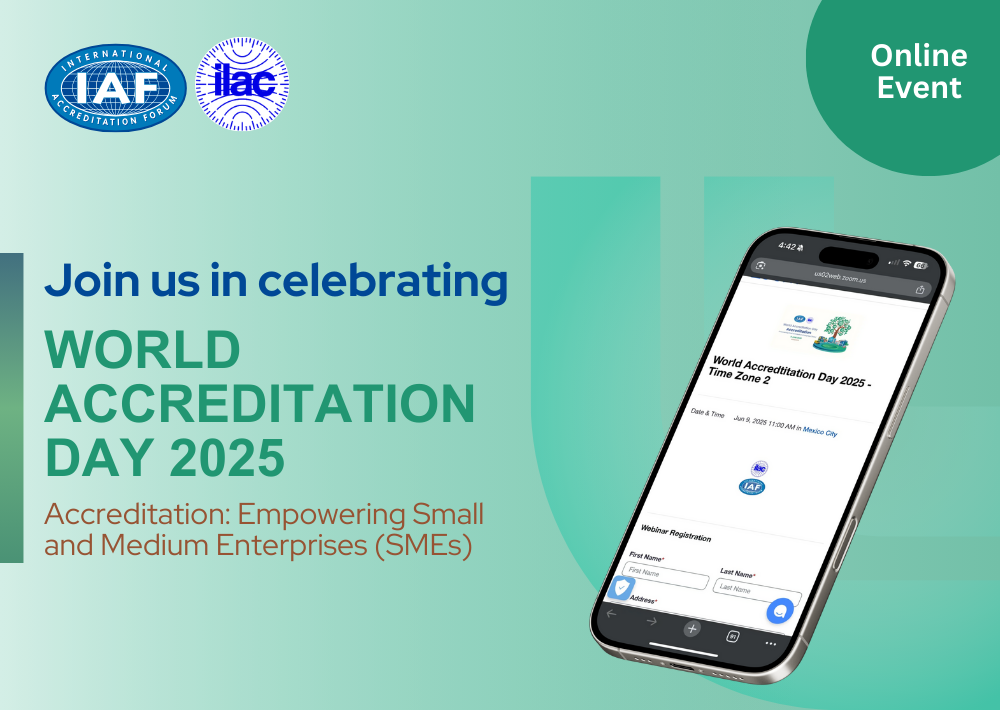 Monday June 2, 2025
Monday June 2, 2025Accreditation: Empowering Small and Medium Enterprises: World Accreditation Day 9 June 2025 events
-
 Thursday May 22, 2025
Thursday May 22, 2025Intertek trading statement January-April 2025
-
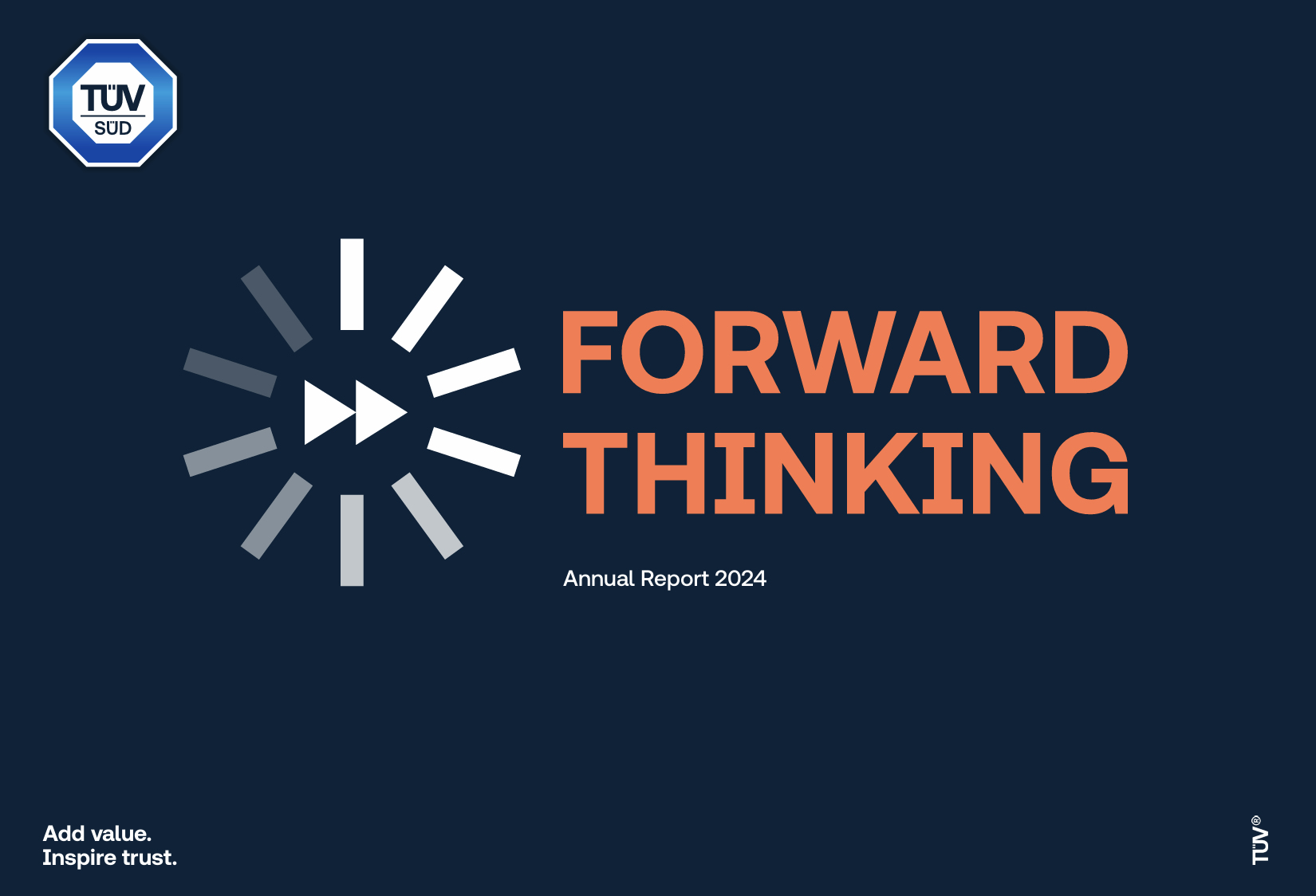 Thursday May 8, 2025
Thursday May 8, 2025TÜV SÜD publishes its 2024 Annual Report
-
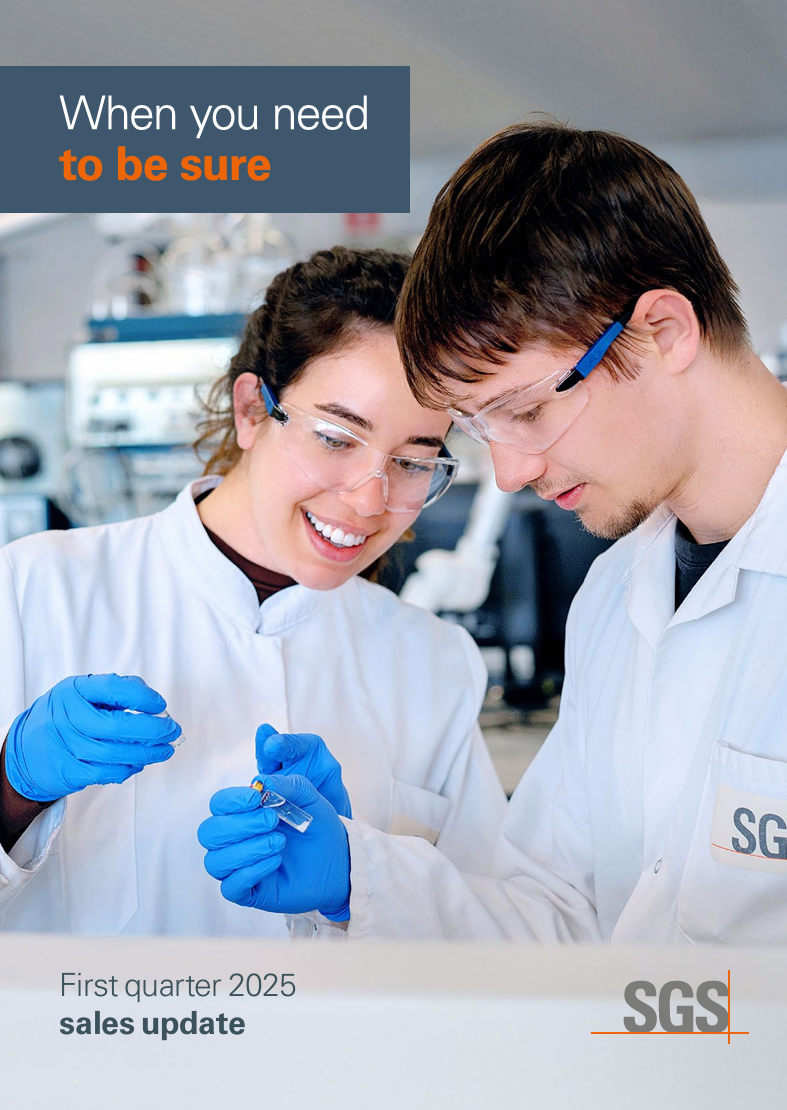 Thursday April 24, 2025
Thursday April 24, 2025SGS reports Q1 2025 results
-
Thursday April 24, 2025
Bureau Veritas Q1 2025 results
-
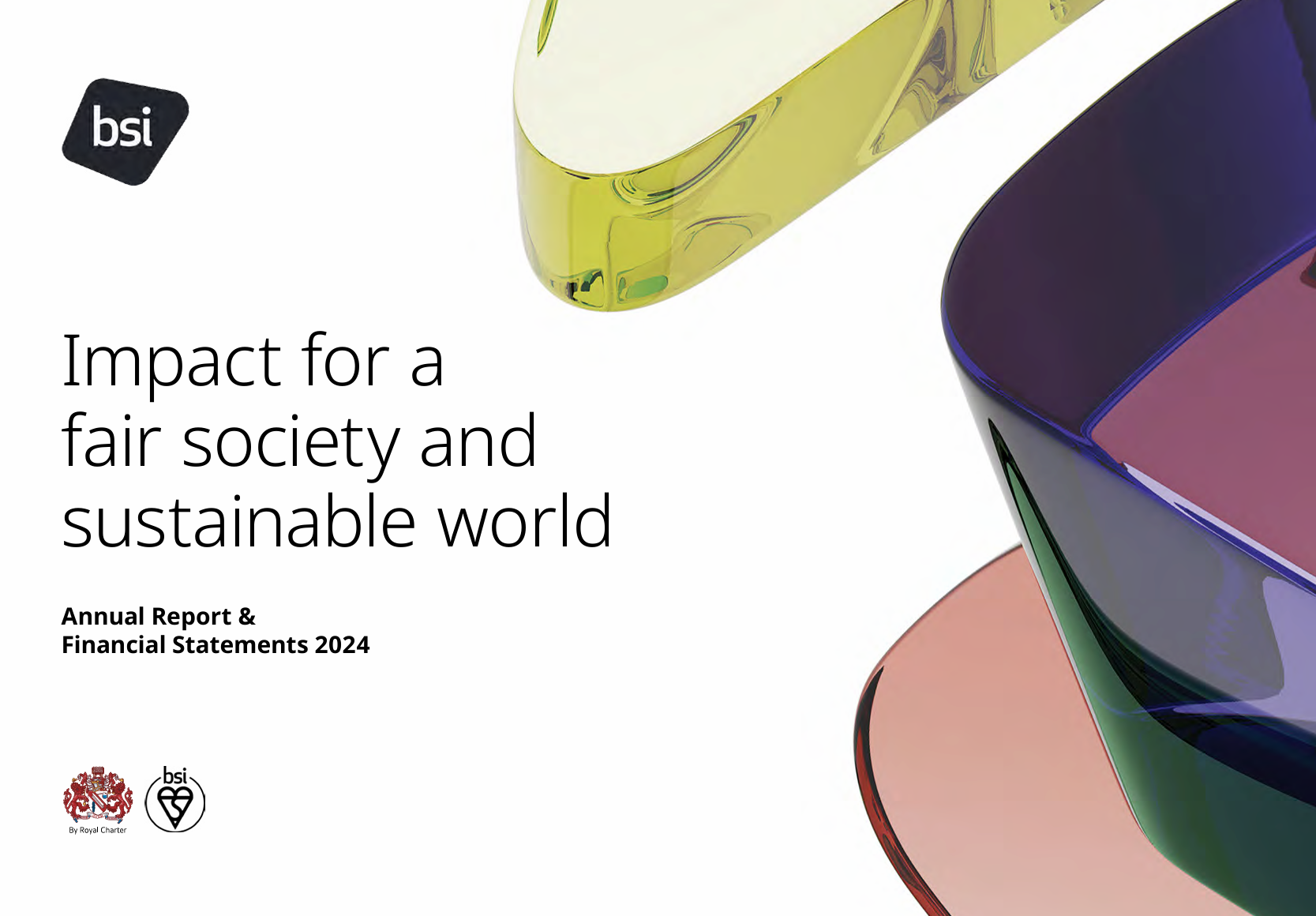 Wednesday April 23, 2025
Wednesday April 23, 2025BSI 2024 full year results
-
 Wednesday April 23, 2025
Wednesday April 23, 2025DEKRA 2024 full year results
-
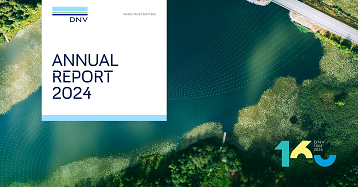 Thursday March 27, 2025
Thursday March 27, 2025DNV 2024 full year results